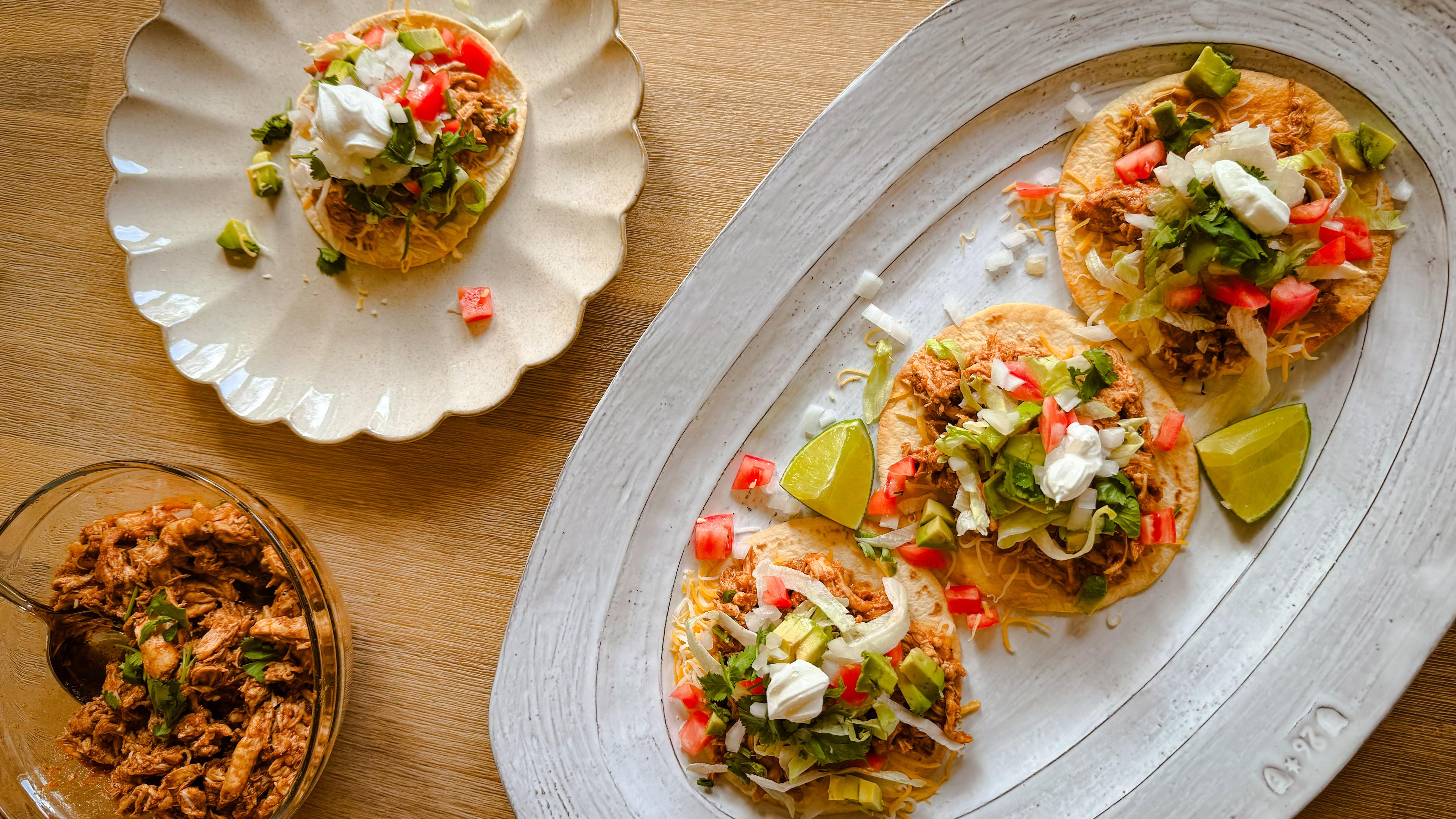Intuitive Eating 101
| 3 min read

March, also recognized as National Nutrition Month, is a time focused on education and awareness around the importance of informed food choices.
American diet culture focused on weight loss has been normalized for decades, but those reaching for unrealistic body image goals risk developing an unhealthy relationship with food and their body.
One way to combat the risks associated with disordered eating is to practice intuitive eating, which relies on internal body cues and encourages people to be mindful at meal time without restriction or shame.
What is Intuitive Eating?
The concept of intuitive eating is seemingly simple: eat when you’re hungry and stop when you’re full. No dieting or guilt involved – just honoring the body’s natural need for fuel. Unfortunately, this practice is easier said than done, especially in today’s fast-paced world that glorifies diet trends, buzzwords, restriction and tends to demonize certain food groups.
Where to Start: The Principles of Intuitive Eating
The principles of intuitive eating, originally developed by Evelyn Tribole and Elyse Resch, break down this practice and how to achieve a better relationship with food and our bodies. Each of the following steps can help both men and women implement healthier eating habits in everyday life:
- Reject the Diet Mentality. Instead of creating a strict meal plan or eliminating specific food groups, focus on what the body needs to function at its best – good nutrition. A healthy diet embraces all food groups, including: proteins, carbohydrates, dairy, healthy fats, whole grains, fruits and vegetables.
- Honor Hunger. Pay attention to signs of hunger and listen to the body when it needs fuel. Cues to eat go beyond an empty or growling stomach – irritability, headaches, lack of concentration and even nausea may indicate one is overdue to have a snack or meal.
- Make Peace with Food. Overthinking food choices can generate stress and take the joy out of eating. By “making peace with food,” an individual gives less power to their plate and can appreciate the innate need for food as fuel. This also allows one to be more present at mealtime without feelings of guilt or shame before, during and after.
- Challenge the Food Police. Most people are too hard on themselves for poor eating choices. Although it’s important to regularly nourish the body with good nutrition, it’s also important not to overthink indulgences. Avoid thoughts of, “I shouldn’t have eaten that” or any mental dialogue surrounding food disapproval.
- Respect Fullness. It takes the body about 20 minutes to tell the brain its full. An effective way to avoid overeating is to portion meals properly, eat slowly and eliminate distractions (like screens and other devices) that can lead to mindless munching.
If you found this post helpful, you might also enjoy:
Photo credit: Ridofranz





